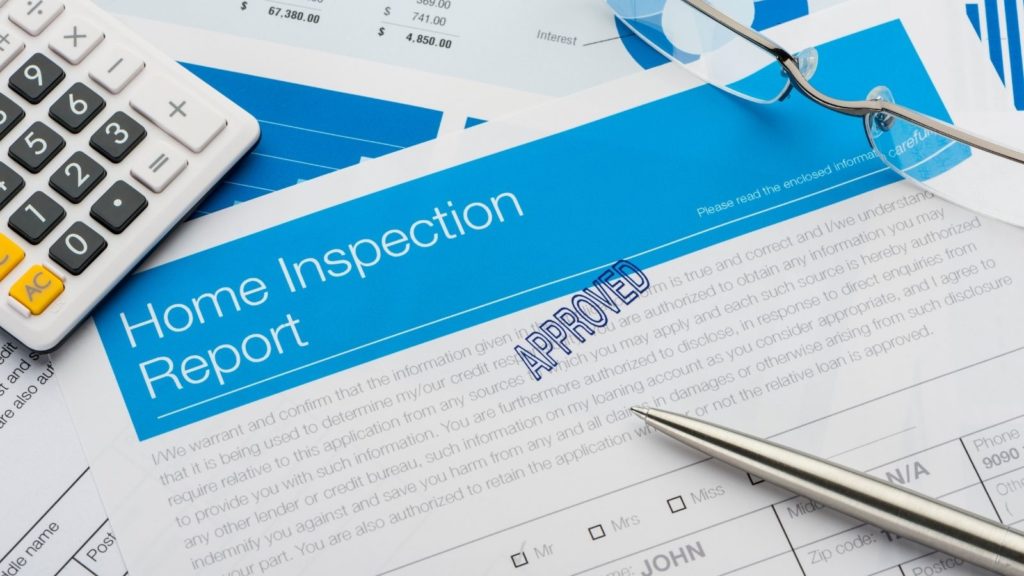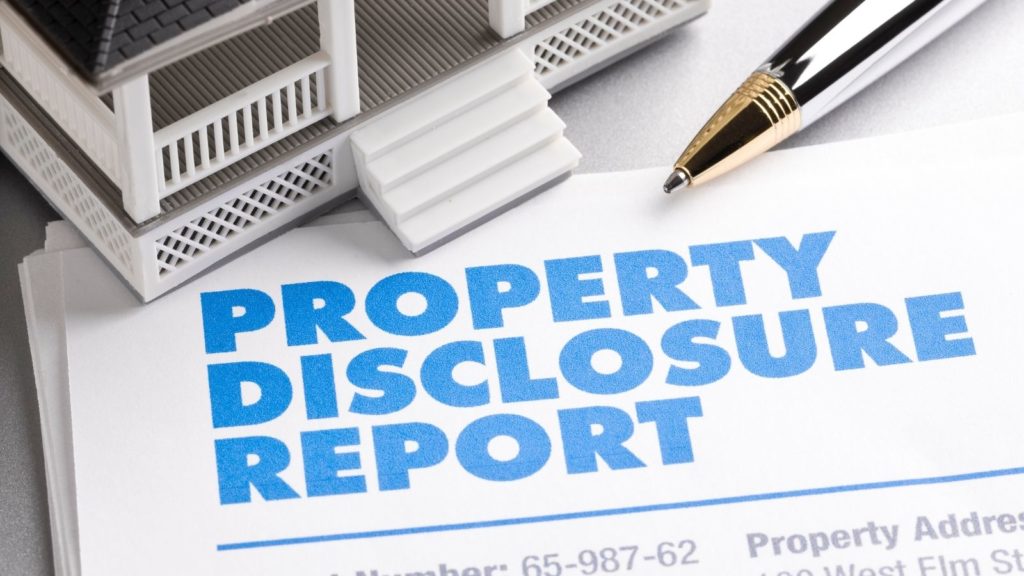Homebuyers have a lot to do. They have to start researching properties and neighborhoods that they’d consider living in. Buyers need to determine what to do with their current belongings and start getting their finances in order to purchase a house.
Some buyers choose homes that sold “as is.”. Many of these properties are sold directly by the homeowners, instead of through a real estate agent.They can be a great deal, or they could be an even more expensive investment than initially anticipated.
Buying a home in Texas can take time. The entire process may take several weeks or months to complete. There may be unexpected problems or delays, and you’ll have to interact with different people along the way. You should still be able to achieve your goal. It just takes patience, persistence and a solid plan of action. Here are a few things to know about homes that are listed in an “as is” condition:
Home sellers often choose to sell their homes “as is” instead of having any required or recommended repairs or renovations completed. There usually aren’t any guarantees that everything will be in good working order. Even if everything looks great, there could still be issues.
If you buy a home that’s sold “as is,” you’ll be responsible for any work that needs to be done to appliances, the roof, shingles, doors, windows, plumbing, heating/air conditioning system or other areas of the home. Some items can be minor, costing only a few hundred dollars or less. Other items may require the help of professional contractors.
Not all “as is” homeowners have problems with their houses. Some owners may be in debt. Others might need to move in a hurry due to a change of jobs or to live closer to relatives.
There are a few things that you can do if you’re considering an “as is” property.
1. Have the home inspected.
A home inspection is an important part of any sale. This includes properties that are sold in “as is” condition. An experienced inspector will review the interior and exterior of the home. They will then issue a report with their findings.

This information will help you know what, if any, items are in need of attention. You should also have a rough idea of how much any recommended upgrades or repairs will cost. If the seller tries to avoid or refuses the home inspection, it may mean that they already know about the home’s problems.
They may not want you to know that information, or they may be worried that the inspector’s report could cause the home or property value to decrease. Requiring a home inspection in the purchase agreement can allow you to walk away from the deal if the inspection isn’t conducted.
2. Ask about the minimum property requirements.
Some homes are in such poor shape that they can’t be inhabited. This doesn’t happen often, but there are certain minimum property requirements that must be upheld. These requirements can vary from state to state. They may also be required before your lender can offer you a mortgage loan.
A home appraiser can determine if the property that you’re interested in meets your local minimum property requirements. The home appraisal should also be part of your purchase agreement with the home seller. This can let you know whether or not the seller’s asking price is realistic for the home’s condition.
3. Have a realtor on your side.
Although many “as is’ home sellers prefer not to work with a real estate agent, that doesn’t mean that you have to. You can employ a realtor to assist you with the transaction. Most realtors have many years of experience with the local market. A good agent can also help with even the most complicated or difficult home sales.

Your realtor can also provide some valuable advice. Some “as is” homes may be more expensive to repair than to initially purchase. You may need to save about 20 percent of your budget or more on repairs or renovations. If the home’s condition is extremely expensive to repair, your realtor can help you weigh the pros and cons to determine whether or not this purchase is right for your situation.
4. Talk to your lender.
Before you make an offer, you should have your finances in order. Schedule a meeting with your lender if you haven’t already. Discuss your intentions to own a home. You should specifically mention if you are looking to purchase a house that’s in an “as is” condition.
The lender may need to review the minimum property requirements. If they are sufficient, they will then review your employment and credit history. Should the lender decide to approve you, they will issue a preapproval letter with the amount and terms that they are willing to offer.
Take some time to review your current income and expenses before meeting with your lender. If there are any unnecessary or redundant expenses, now is the perfect time to eliminate them from your budget. Any credit card balances or other loans should be paid off or down as much as possible. The less outstanding debt you have, the more favorable you will look to lenders.
5. Don’t forget about mandatory disclosures from the seller.
There are specific state and federal disclosures that home sellers must give to interested parties. The only federal disclosures that must be included as of now are whether or not the house has ever had lead paint. This is usually only a concern for homes that were built before 1978.
Texas has a standard disclosure form. The form was developed by the Texas Real Estate Commission. It covers basic items such as whether or not the home has any known defects. You must disclose if you have ever been aware of any physical or structural damage to the home. It also has a checklist of amenities that are included either in the home or on the property.

Sellers don’t have to disclose if a person passed away in the home due to natural causes, accidents or suicide. They don’t have to disclose if a prior resident of the home has had HIV or AIDS.
All pertinent disclosure information should be details that the seller personally knows. The disclosure agreement should be given to the home buyer either at the effective date of the home purchase or before. Failure to provide this information could result in lawsuits or the buyer could step away from the agreement.
6. Consider getting a home warranty.
A home warranty wouldn’t be a bad idea if you’re purchasing an “as is” property. Home warranty policies cover systems and appliances. Most policies are rather inexpensive. You may be able to receive a discount if you already have other existing policies with your insurance agent.
Home warranty policies won’t cover current systems or appliances that are in disrepair or broken. However, they can help you in the long run after you’ve repaired or replaced those items. You might not need it, but it’s a good insurance policy to have just in case.
These are some of the primary concerns that people who are interested in buying a home “as is” can have. Every situation is different. You may need to spend much more time, effort and money on the home than you planned for. You could also wind up with an incredibly great deal on the ideal home for you and your loved ones. Once any problems have been handled, you can concentrate on making lasting memories in a place that you’re glad to call home.
Have Questions? Ask Rene!




